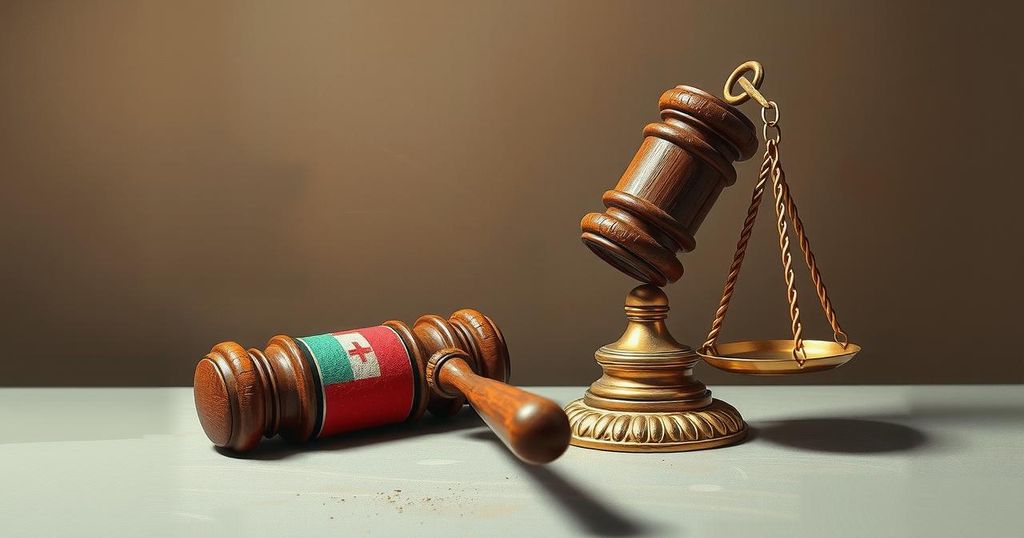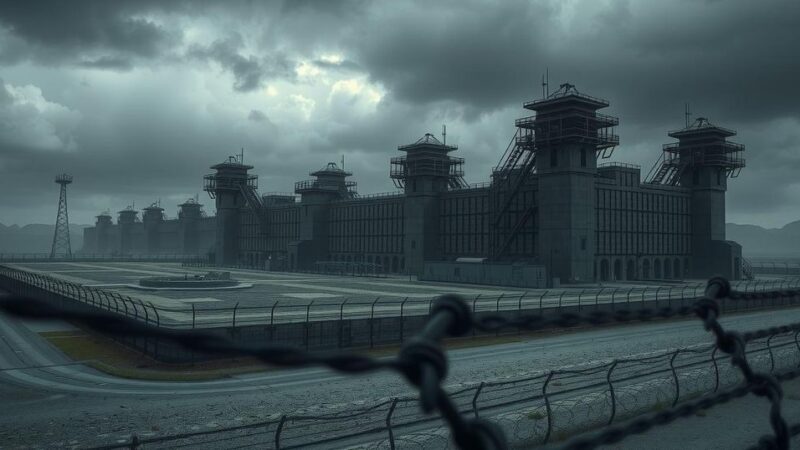Tunisia has withdrawn from the African Court on Human and Peoples’ Rights, causing alarm among rights groups regarding increasing authoritarianism. The government did not offer a reason for its decision, which has been condemned as a step backward for human rights. This withdrawal affects citizens’ ability to seek justice against state violations.
Tunisia has formally announced its withdrawal from the African Court on Human and Peoples’ Rights, as rights organizations express concern regarding the country’s declining freedoms. In a declaration circulated among activists, Tunisia declared that it no longer recognizes the court’s authority to accept cases from individuals and non-governmental organizations without providing a specific rationale for this withdrawal.
The Tunisian government had previously allowed its citizens and non-governmental organizations to petition the court starting in 2017, a positive development following the 2011 Arab Spring uprising. However, President Kais Saied’s consolidation of power since 2021 has raised significant concerns regarding potential human rights abuses and increasing authoritarian measures.
Currently, several prominent critics of the Saied administration are imprisoned, and some are undergoing prosecution in what human rights advocates argue is a politically motivated mass trial. In light of a ruling from the court urging the Tunisian government to provide detained opposition figures with access to legal representation and medical care, the LTDH condemned the withdrawal as “a dangerous step backwards.” The Tunisian human rights organization CRLDHT also criticized the withdrawal, asserting that it undermines Tunisia’s historical commitment to protecting human rights and limits citizens’ ability to seek justice against state violations.
In summary, Tunisia’s withdrawal from the African Court on Human and Peoples’ Rights signals a troubling trend towards authoritarianism and a rollback of human rights protections in the nation. The lack of transparency regarding this decision and its implications for civil liberties raise grave concerns among human rights advocates both domestically and internationally.
Original Source: www.arabnews.com






